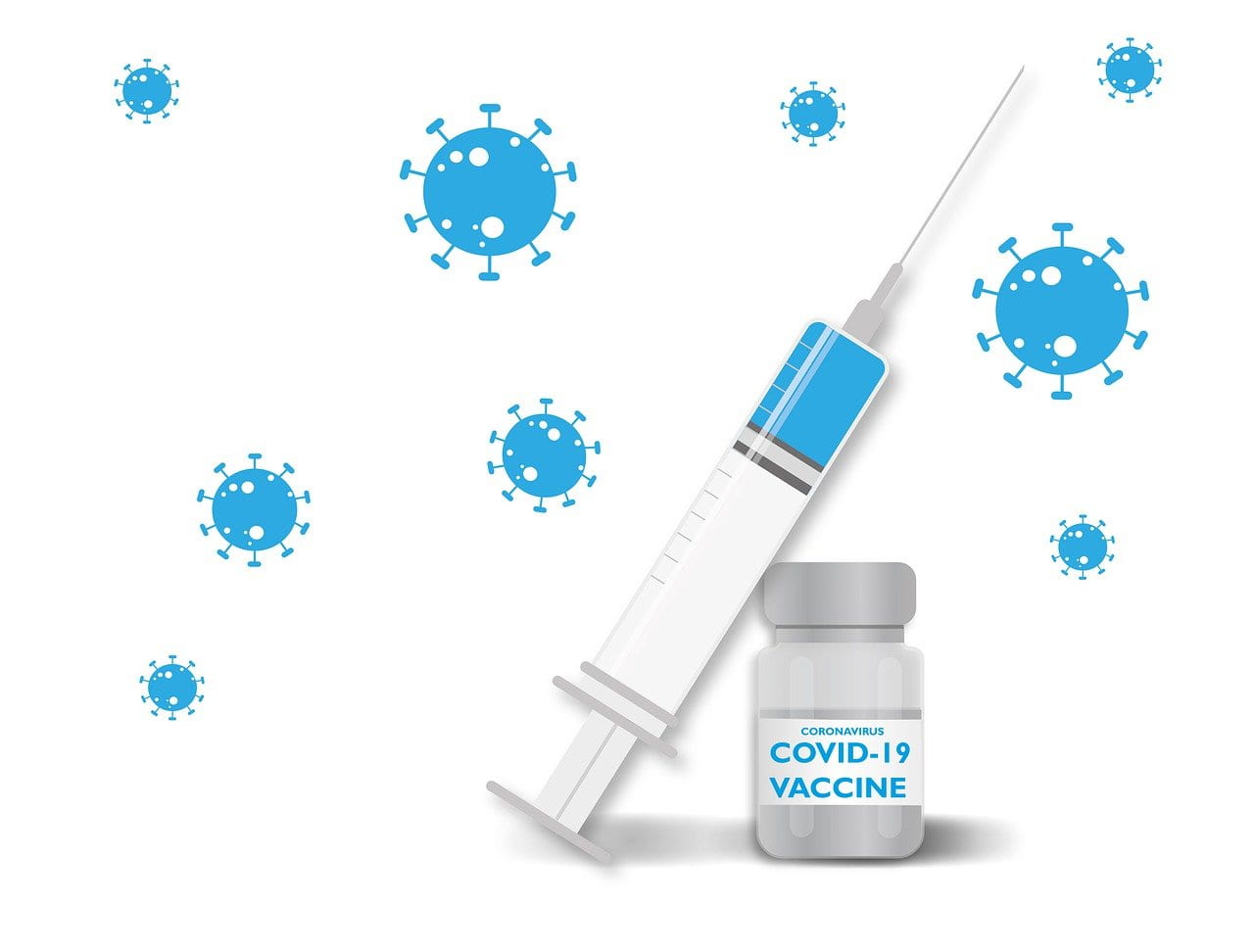‘I’m a Gastroenterologist, and Here’s Whether Coffee Is Actually Good for Your Gut’
Lock in, latte lovers.

Whether you’re team hot java, latte, or cold brew, there are many good reasons to sip coffee for your health. For one thing, a typical 8-ounce cup of coffee has 95 milligrams of brain-boosting caffeine, and when paired with some ground cinnamon, it can further enhance your alertness and cognitive functioning. Health experts also say coffee gets “two thumbs up” for cardiovascular and metabolic health because its caffeine content can increase blood flow to the heart and help reduce the negative effects of sugar on the body.
But you may not realize that coffee can also do wonders for your gut health (and we’re not just talking about its ability to make you poop). Read on to learn how coffee affects your gut and how much coffee you need to reap its microbiome-fortifying benefits.
How coffee affects your gut
Caffeine isn’t the only good thing about drinking coffee on the regular. “Coffee is also a unique source of soluble fiber,” Giulio Quarta, MD, a gastroenterologist at Gastroenterology Associates of New Jersey, tells Well+Good.
“We usually think of fiber in things like fruits and vegetables, but another source is from beans, including fiber from coffee beans. Each cup of coffee provides about 1 to 2 grams of soluble fiber per serving, which helps remove toxins from our body and is a source of energy for the gut microbiome,” Dr. Quarta explains.
Your gut is home to a diverse array of microbes, ranging from good to bad bacteria. Prebiotic fiber from plant foods, such as whole grains, vegetables, and fruits, feeds the good bacteria in your gut, which allows them to proliferate. As good bacteria in the gut break down fiber (through a process called fermentation), a collection of short-chain fatty acids forms to help keep your intestinal barrier healthy and strong against harmful disease-causing pathogens.
“One of the most comprehensive international studies on gut bacteria concerning coffee recently came out of the Segata group in Italy, working alongside researchers from Boston, London, Copenhagen, Barcelona, and Braunschweig. This research brought to light differences in gut bacteria between people who drank coffee versus those who did not,” Dr. Quarta says. “The researchers also discovered a coffee-specific bacteria called Lawsonibacter asaccharolyticus, which digests coffee from the intestines into quinic acid, an antioxidant found in our bloodstream. This suggests that healthy bacteria deliver this chemical to us after coffee lands in our intestines—a true symbiosis,” he adds.
Moreover, coffee contains antioxidants called phenols. These antioxidants—coupled with the laxative effect of coffee—help with continued movement, helping the microbiome make more good bacteria, says Vanessa Rissetto, MS, RDN, a registered dietitian nutritionist and CEO and co-founder of Culina Health.
Another digestive health benefit of consuming coffee is its fatty liver disease-preventing effects, Dr. Quarta says. “A study by Bambha specifically examining the association between coffee consumption and fatty liver disease found that people who consume coffee had a lower risk of fibrosis (scarring) in their livers,” he says.
How much coffee do you need to reap the benefits?
The Food and Drug Administration (FDA) recommends limiting your caffeine intake to no more than 400 milligrams daily. That comes down to about two to three 12-fluid-ounce cups of coffee. However, how much you should drink depends on how you respond to caffeine as it affects everyone differently, Rissetto says. For instance, if you find that drinking more than one cup a day makes you jittery, then you may want to limit your intake. You also want to be mindful of what you’re putting into your coffee.
“If you’re loading your coffee up with sugary additions (like creamer or added sugar), it can cause cramping and isn’t the best for maintaining gut health. Of course, one to two tablespoons of creamer is okay, but anything beyond that, you’re likely negating all the great benefits” of coffee itself, Rissetto says.
Dr. Quarta says you’ll get the most out of coffee if you drink it unsweetened and in moderate amounts—one to two cups daily. Research even shows that moderate coffee consumption is associated with a lower risk of all-cause and cardiovascular-related death, hypertension, cholesterol, heart failure, and atrial fibrillation (aka irregular heart rhythm). Another recent study found that drinking one to 2.5 cups of coffee daily was associated with significantly lower odds of colorectal cancer.
Additionally, Dr. Quarta cites a July 2022 study in the Annals of Internal Medicine that evaluated the associations of drinking sugar-sweetened, artificially sweetened, and unsweetened coffee with all-cause and cause-specific death. The study researchers found that moderate consumption of unsweetened and sugar-sweetened coffee is associated with a lower risk of death.
So, is coffee good for your gut?
Experts say that coffee can be beneficial for your gut if you drink it in moderate amounts (about one to two cups daily) and limit the amount of sugar and creamer you enjoy with it. Just keep in mind there can be other general negative effects of coffee drinking, too.
For example, drinking too much coffee (especially too close to your bedtime) can make you feel anxious and affect your sleep. If this is the case for you, try to cut back on your java habit, along with other caffeine-containing foods and beverages like chocolate and soda.
Adding artificial sweetener to your daily cup of joe can pose another threat to your gut, per Dr. Quarta. Case in point: A recent randomized-controlled trial compared the effects of calorie-free sweeteners on the gut microbiome. One group of participants took Stevia while another group had sucralose (Splenda), saccharin (Sweet’N Low), aspartame (Equal), as well as sugar (glucose) and a non-sugar sweetener control.
“After 21 days, the researchers found that the people who took artificial sweeteners had a much worse glucose tolerance test, a sign of diabetes, than those volunteers who took glucose or placebo. Even though artificial sweeteners don’t have calories, they have negative effects on the microbiome,” Dr. Quarta explains.
The bottom line? It’s best to limit artificial sweeteners from your coffee (and your diet in general) for optimal gut health.
What's Your Reaction?

































.jpg?width=1920&height=1920&fit=bounds&quality=80&format=jpg&auto=webp#)

















































